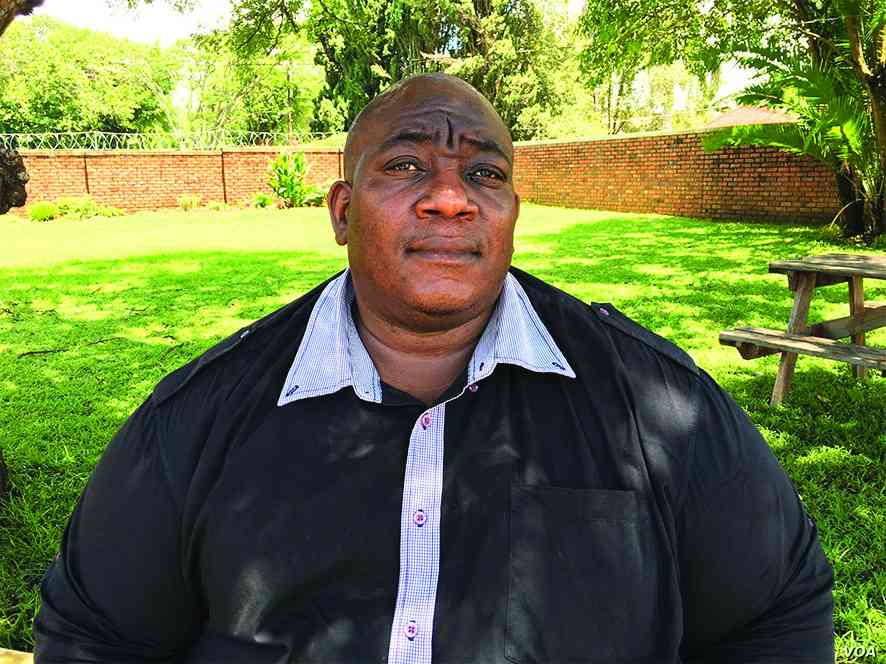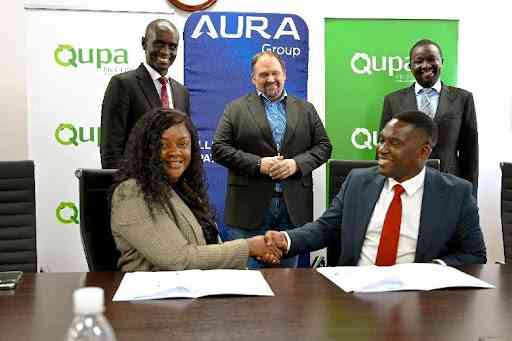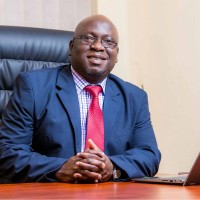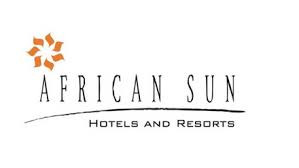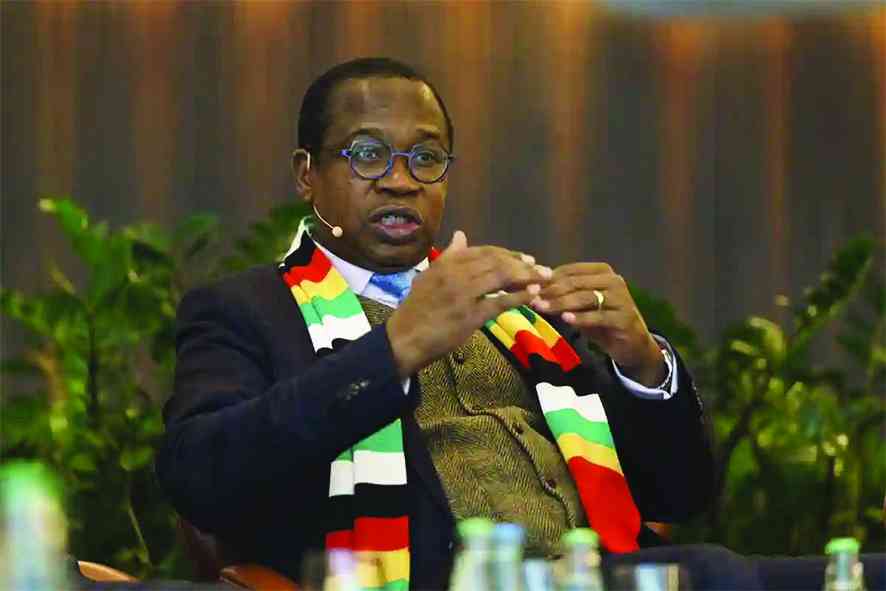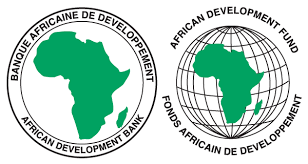
THE AfDB has in recent years sought to stay out of the hot political spotlight, preferring to shunt attention to its developmental agenda, but the tight race for its presidency has morphed into one of its most exciting yet, pitting high-level power play against individual credentials and the cashing in of political favours.
It threatens to rival if not surpass the drama of the 1995 election which saw a stalemate that was only resolved two months later, and in favour of Morocco’s Omar Kabbaj against the candidate from Nigeria, which again has a horse in the race.
Well-placed sources close to the behind-the-scene election games at the AfDB, which is currently holding it’s Annual General Meetings, which have provided the backdrop for outgoing president Donald Kaberuka’s swan song, indicated there is frenzied lobbying and tight horse trading, with the eight candidates Wednesday set to meet AfDB governors ahead of the anticipated May 28 vote.

The role of the so-called non-regionals—members who are not from Africa but who wield a powerful vote—will also be in the spotlight, with the US reportedly having told its missions that it had no preferred candidate.
But few would believe it—former AfDB president Kwama Fordwor of Ghana in 1981, two years after the end of his tenure, complained how overpoliticisation and bureaucracy had starved the now 50-year bank of much-needed capital, with the effect that the US did not make much-needed financial contributions for seven years until 1999 because it thought the bank was being run badly.
What is known is once the green and yellow ballots have been counted, there will be a lot of hurt feelings, several bruised egos and grudges quietly filed away. A winning candidate needs at least 50.01% of both the regional and non-regional votes.
Kabbaj is credited with the sweeping reforms that gave back the bank its credibility, especially with the non-regionals who were brought on board in 1982 to help increase its weak capital base and who now hold 40% of the voting power, but also with regional members who had complained of rampant AfDB interference in national affairs.
Kaberuka’s big shoes
- New perspectives: Building capacity of agricultural players in Zim
- I am not scared: AfDb chief shrugs off Africa food crisis
- New perspectives: Building capacity of agricultural players in Zim
- Xenophobic attacks against Zimbabweans barbaric
Keep Reading
Under outgoing president Kaberuka, a Rwanda national, the bank has in the last 10 years significantly transformed its operations and shored up its global image. While it still retains its emphasis on major infrastructure programmes, it has also effectively increased its focus on social projects and pushed for debt relief. Talk of Kaberuka’s shoes being too large to fill is tempered by the development of medium and long-term policy to guide the newbie, a welcome change from eras gone by of arbitrary decisions.
With so much regional computations to consider and no runaway favourite, the race could feasibly hinge on the candidacy of Zimbabwe’s Thomas Sakala, the consummate insider, having retired as a bank vice president last year.
He comes into Abidjan having locked in the southern Africa vote, which constitutes about 14% of the voting power. There are however seeming problems with his bid—the US, which has the second-highest number of votes after Nigeria but which usually counts allies such as Japan and a raft of EU countries, is said not to be too enamoured of his candidacy, though the Robert Mugabe factor (unlike in 2005) is not a consideration this time.
Southern Africa’s controversial “primaries”
But the biggest obstacle for Sakala could been the one thing that makes him strong—the unity of southern Africa. The region is alleged to have held “primaries”, perceived as against bank rules, which has reportedly made other key blocs such as North Africa unhappy, with an outcome that if not resolved, could solidify their vote.
North Africa has a strong 18% vote, but did not appear to have decided to entirely back Tunisian finance minister Jaloul Ayed, but reports of the southern African agreement may serve to crystallise the bloc, bank insiders said.
Ayed, who also has rich corporate experience, had appeared to have been at a disadvantage given two of the bank’s past six going-on seven presidents have come from the North. The bank has also been relocating from Tunis to Abidjan, and would probably have seen sub-Saharan Africa governors keen on keeping the post south of the Sahara. – Mail & Guardian Africa

